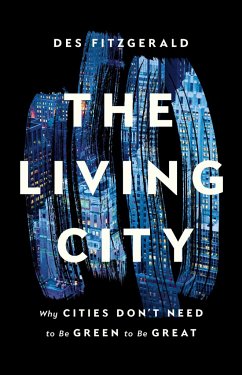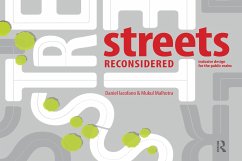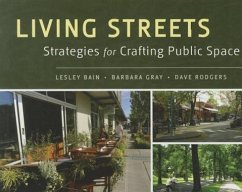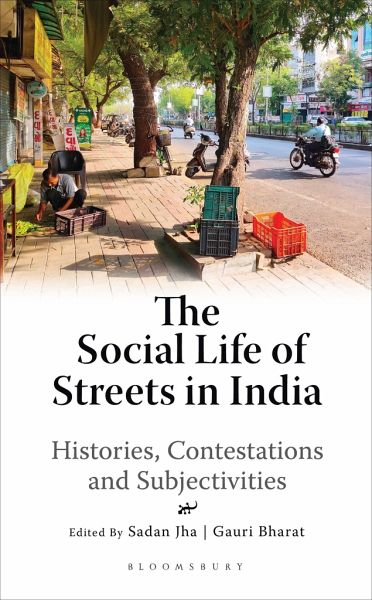
The Social Life of Streets in India
Histories, Contestations and Subjectivities
Versandkostenfrei!
Versandfertig in über 4 Wochen
113,99 €
inkl. MwSt.

PAYBACK Punkte
57 °P sammeln!
Streets are places that stimulate activities, interactions, behaviours and, by extension, controls. Yet, within the built environment discourse, the street is first and foremost conceptualised as a mute backdrop to movement-vehicular or pedestrian. The Covid-19 pandemic brought renewed focus on the street as the space of networks, flows and mobilities as the 'lockdown' was the preferred mode of controlling the spread of the disease. The Social Life of Streets in India: Histories, Contestations and Subjectivities endeavours to understand the complexities of social dynamics of streets in relatio...
Streets are places that stimulate activities, interactions, behaviours and, by extension, controls. Yet, within the built environment discourse, the street is first and foremost conceptualised as a mute backdrop to movement-vehicular or pedestrian. The Covid-19 pandemic brought renewed focus on the street as the space of networks, flows and mobilities as the 'lockdown' was the preferred mode of controlling the spread of the disease. The Social Life of Streets in India: Histories, Contestations and Subjectivities endeavours to understand the complexities of social dynamics of streets in relation to spatiality and materiality in the Indian milieu. It draws from a diverse body of scholarship and varied disciplinary leanings and engages with three broad strands: historical aspects of streets, the physicality of street as a built environment and social science discourse mediated through anthropology, urban geography, social theory and urban studies. Further the volume deliberates on questions such as: How do we look at streets and, in particular, how do we document and conceptualise streets in the Indian context that highlights the particularities of South Asian milieus? Is the street public? Is it merely a physical space? How does the street in its physicality and in its built form enter or respond to the metaphorical, the literary, the methodological and the social?



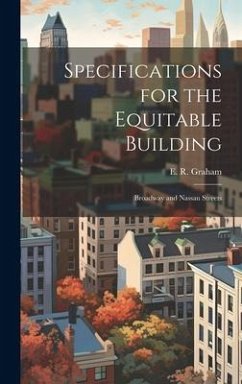
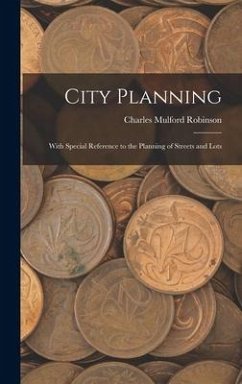
![Healthy Moral Homes, Improved Plans for Laying Out Suburban Streets and Building Houses. [Text. With] Plans Cover Healthy Moral Homes, Improved Plans for Laying Out Suburban Streets and Building Houses. [Text. With] Plans](https://bilder.buecher.de/produkte/71/71726/71726159n.jpg)
